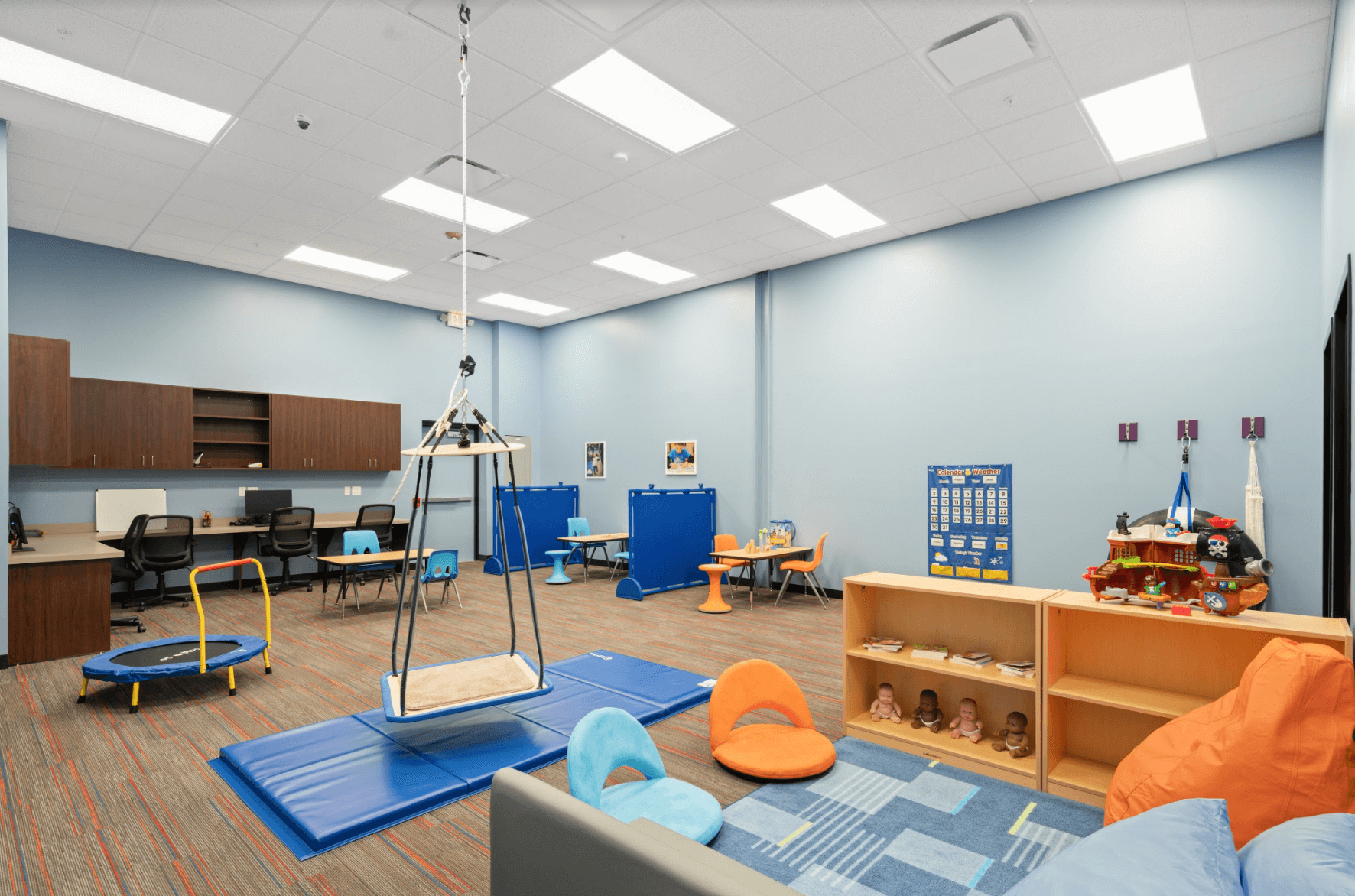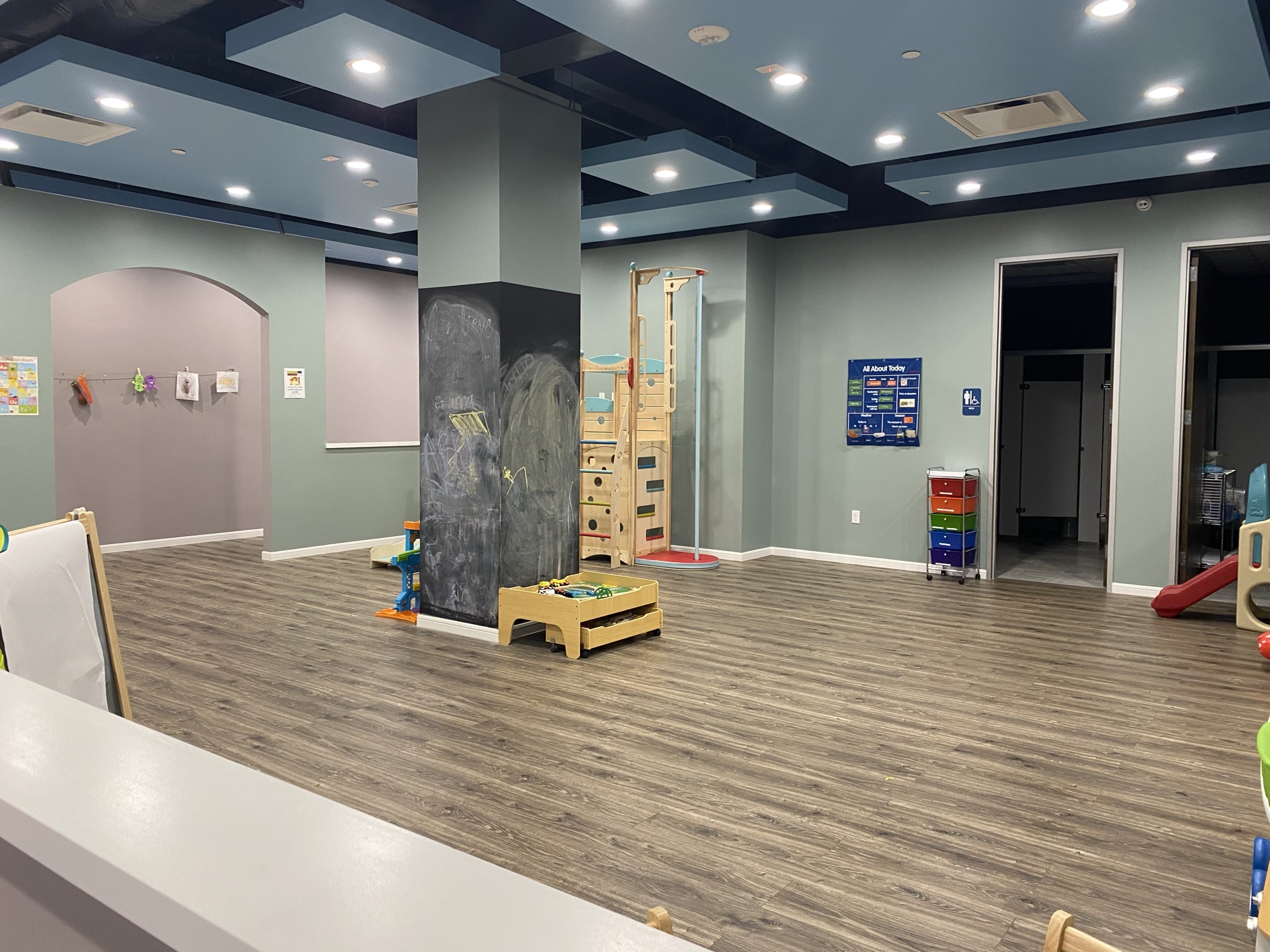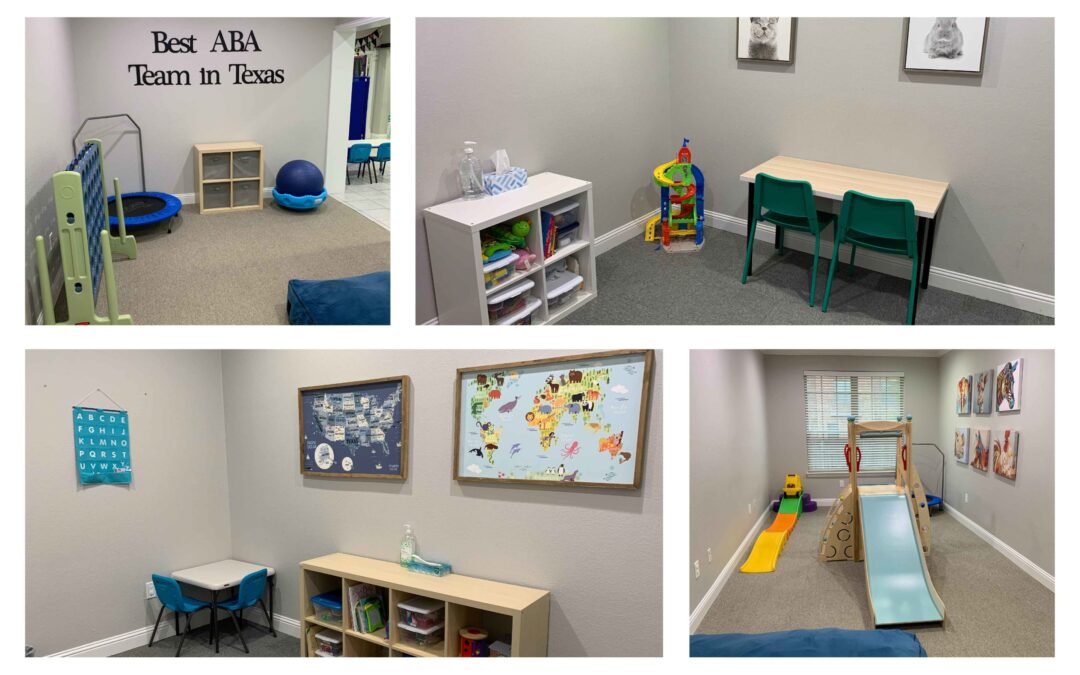ABA therapy for children in Austin, Texas, has become an essential resource for families seeking effective interventions for children with autism spectrum disorder (ASD). This therapy, rooted in behavioral science, focuses on improving social, communication, and learning skills through positive reinforcement. With its growing prominence, understanding ABA therapy and its benefits is crucial for parents and caregivers.
Austin, Texas, offers a wide range of services and programs dedicated to ABA therapy, ensuring children receive personalized care tailored to their unique needs. Whether it's addressing behavioral challenges or enhancing communication abilities, ABA therapy provides a structured approach that empowers both children and their families.
In this article, we'll delve into the intricacies of ABA therapy, its effectiveness, and how it can transform the lives of children in Austin. We'll explore the various aspects of this therapy, from its foundational principles to practical implementation, ensuring you have all the information you need to make informed decisions.
Read also:Wasmo 2025 Telegram A Comprehensive Guide To The Platform And Its Impact
Table of Contents:
- Introduction to ABA Therapy
- Benefits of ABA Therapy for Children
- Types of ABA Therapy
- How ABA Therapy is Implemented
- ABA Therapy Services in Austin, Texas
- Cost and Accessibility of ABA Therapy
- Research and Evidence Supporting ABA Therapy
- Challenges and Solutions in ABA Therapy
- Tips for Parents Considering ABA Therapy
- The Future of ABA Therapy in Austin
- Conclusion and Next Steps
Introduction to ABA Therapy
ABA therapy, short for Applied Behavior Analysis, is a scientifically validated approach designed to improve specific behaviors, such as social skills, communication, reading, and academics. It focuses on understanding how behavior works, how the environment affects behavior, and how learning occurs. For children with autism spectrum disorder (ASD), ABA therapy offers a structured and evidence-based method to address developmental challenges.
What is ABA Therapy?
ABA therapy utilizes a variety of techniques to encourage positive behaviors while reducing those that may hinder learning and social interaction. By breaking down complex skills into smaller, manageable steps, therapists can effectively teach new skills and reinforce desired behaviors. This approach ensures that children can achieve meaningful and positive changes in their daily lives.
Why Choose ABA Therapy for Children in Austin?
Austin, Texas, is home to numerous specialized centers and professionals offering ABA therapy services. With a strong emphasis on individualized treatment plans, these services cater to the unique needs of each child, ensuring they receive the support they require to thrive. The city's commitment to providing quality care makes it an ideal location for families seeking ABA therapy.
Benefits of ABA Therapy for Children
The advantages of ABA therapy extend beyond behavioral improvement, impacting various aspects of a child's development. From enhancing communication skills to fostering independence, the benefits are both comprehensive and transformative.
Improved Communication Skills
- Enhances verbal and non-verbal communication
- Encourages expressive and receptive language development
- Supports social interaction and peer relationships
Increased Independence
ABA therapy empowers children by teaching essential life skills, such as self-care, problem-solving, and decision-making. These skills contribute to greater independence and confidence in daily activities.
Read also:Oxleakcom Review A Comprehensive Guide To Its Services And Reputation
Reduced Problematic Behaviors
Through systematic interventions, ABA therapy effectively reduces challenging behaviors, creating a more positive and supportive environment for learning and growth.
Types of ABA Therapy
ABA therapy encompasses several methodologies, each tailored to address specific needs and goals. Understanding these variations can help parents choose the most suitable approach for their child.
Discrete Trial Training (DTT)
DTT involves breaking down skills into small, manageable tasks, teaching them one at a time through repetition and positive reinforcement. This method is particularly effective for teaching foundational skills.
Verbal Behavior (VB) Therapy
Focused on developing language and communication skills, VB therapy emphasizes the functional use of words and phrases, helping children express their needs and desires more effectively.
Natural Environment Training (NET)
NET incorporates learning opportunities into everyday activities, allowing children to practice skills in real-world settings. This approach enhances generalization and application of learned behaviors.
How ABA Therapy is Implemented
The implementation of ABA therapy involves a structured process that begins with assessment and continues through ongoing evaluation and adjustment. This ensures that the therapy remains effective and aligned with the child's evolving needs.
Initial Assessment
A comprehensive assessment identifies the child's strengths, challenges, and specific areas requiring intervention. This forms the basis for developing a personalized treatment plan.
Development of Treatment Plan
Based on the assessment, therapists create a detailed plan outlining goals, strategies, and timelines. Regular communication with parents ensures alignment with family priorities and expectations.
Ongoing Monitoring and Adjustment
Continuous evaluation allows therapists to track progress and make necessary adjustments to the treatment plan, ensuring optimal outcomes.
ABA Therapy Services in Austin, Texas
Austin boasts a robust network of ABA therapy providers, offering a wide range of services to meet the diverse needs of children and families. From specialized clinics to school-based programs, these services provide accessible and high-quality care.
Specialized Clinics
Clinics dedicated to ABA therapy offer intensive, one-on-one sessions with experienced therapists. These settings provide a controlled environment conducive to learning and skill development.
School-Based Programs
Many schools in Austin incorporate ABA therapy into their special education curricula, allowing children to receive support within an educational context. This approach promotes integration and peer interaction.
Home-Based Services
Home-based ABA therapy brings services directly to the family, providing convenience and flexibility. This option also facilitates parent involvement and reinforces learning in familiar surroundings.
Cost and Accessibility of ABA Therapy
While ABA therapy is highly effective, its cost can be a concern for many families. However, various funding options and resources are available to enhance accessibility.
Insurance Coverage
Many insurance plans in Texas cover ABA therapy services, reducing the financial burden on families. It's essential to verify coverage and understand the terms and conditions.
Government Programs
State and federal programs offer financial assistance for ABA therapy, ensuring that more children can access these vital services.
Community Resources
Local organizations and non-profits provide scholarships, grants, and other support mechanisms to help families afford ABA therapy.
Research and Evidence Supporting ABA Therapy
Extensive research has demonstrated the efficacy of ABA therapy in improving outcomes for children with ASD. Studies conducted by reputable institutions highlight its positive impact on behavior, communication, and overall development.
Key Findings
- ABA therapy significantly improves social and communication skills
- Children receiving early intervention show greater progress
- Long-term benefits include increased independence and quality of life
Supporting Evidence
According to the National Institute of Mental Health, ABA therapy is one of the most effective treatments for autism, supported by decades of research and clinical trials.
Challenges and Solutions in ABA Therapy
Despite its benefits, ABA therapy presents certain challenges that need to be addressed to ensure successful outcomes. By understanding these obstacles and implementing effective solutions, families can maximize the therapy's potential.
Common Challenges
- Limited availability of qualified therapists
- High costs and financial constraints
- Variability in therapy effectiveness across individuals
Possible Solutions
Expanding training programs for therapists, increasing funding opportunities, and tailoring interventions to individual needs can help overcome these challenges.
Tips for Parents Considering ABA Therapy
For parents exploring ABA therapy for their children, here are some practical tips to help them make informed decisions and ensure a successful experience.
Research Providers
Investigate potential providers, checking their credentials, experience, and success rates. Reading reviews and testimonials can also provide valuable insights.
Involve Your Child
Engage your child in the process, ensuring they feel comfortable and supported throughout the therapy journey.
Stay Informed
Stay updated on the latest research and developments in ABA therapy, empowering yourself to advocate effectively for your child's needs.
The Future of ABA Therapy in Austin
As awareness and acceptance of ABA therapy continue to grow, the future looks promising for children and families in Austin. Advances in technology, increased funding, and expanded service offerings will further enhance the quality and accessibility of ABA therapy.
Innovations in Technology
Telehealth services and digital tools are revolutionizing ABA therapy delivery, making it more convenient and accessible than ever before.
Expanded Service Offerings
More providers are emerging, offering diverse programs and specialized services to cater to the unique needs of children with ASD.
Conclusion and Next Steps
ABA therapy for children in Austin, Texas, offers a transformative approach to addressing the challenges faced by children with autism spectrum disorder. Its evidence-based methods and personalized interventions have proven to be highly effective in improving behavior, communication, and overall development.
We encourage parents and caregivers to explore ABA therapy options, research providers, and stay informed about the latest advancements in the field. By taking proactive steps, you can ensure your child receives the best possible care and support.
Feel free to share your thoughts and experiences in the comments below. For more information on ABA therapy and related topics, explore our other articles and resources. Together, let's create a brighter future for children in Austin and beyond.


